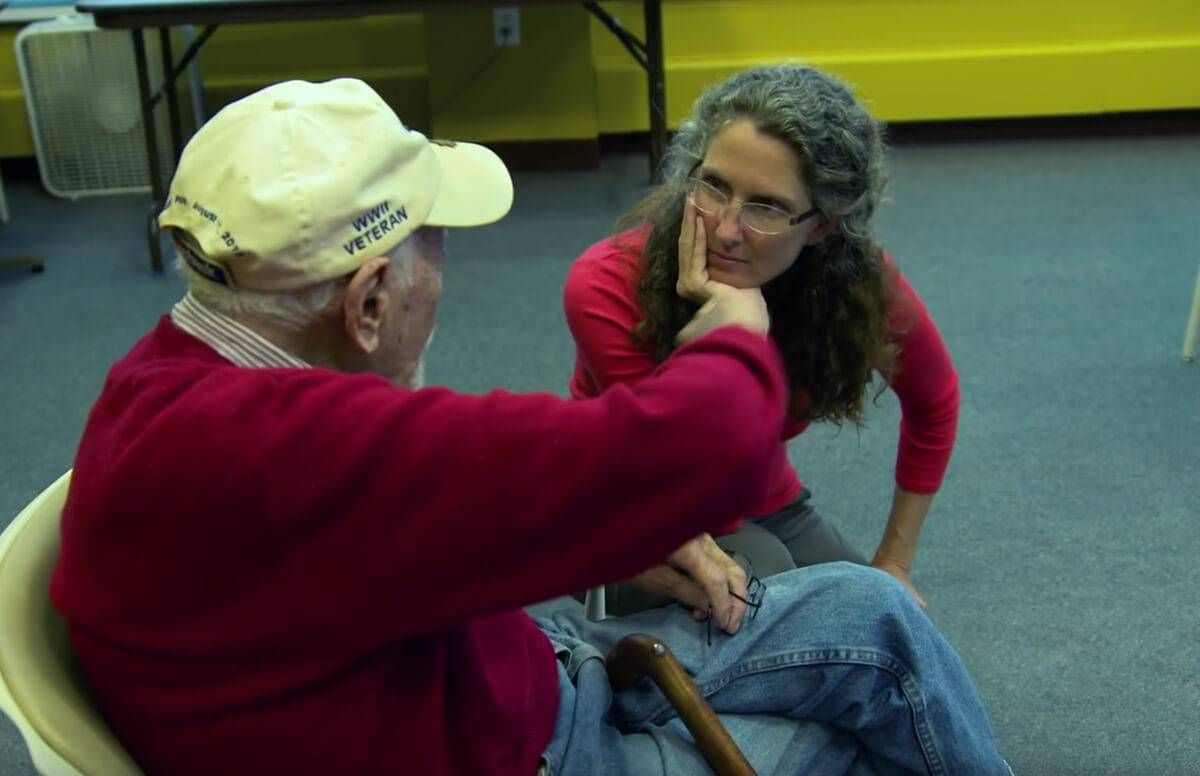What People With Dementia Can Teach Us About the Arts
A MacArthur "Genius" shows how storytelling can change how we age and perceive aging
When we talk about Artful Aging at Next Avenue, we aren’t talking about therapeutic arts. We’re talking about how actively engaging in the arts — producing creative work — helps healthy older adults age better. That said, there is a lot to be learned about artful aging from research and programs that use the arts to help those with dementia.

In addition to shedding light on how creativity sparks joy and helps even those with major memory challenges connect, many of these programs also benefit caregivers. The Giving Voice Chorus gives those with dementia and their caregivers a chance to sing and perform side by side.
Arts vs. Ageism
In an interview with NPR, theater artist Anne Basting talked about other ways engagement in the arts can help older adults — with dementia and without. In 2016, Basting was awarded a MacArthur Foundation “Genius” grant for her work using the arts — particularly improv theater and storytelling — as a tool to change aging and negative perceptions of it.
"Basting’s perspective on aging and the power of stories is changing the perceptions of caregivers, family members and policymakers around the artistic and creative capabilities of older adults, regardless of age or cognitive status," said the foundation in its announcement of the winners of the fellowship.
“Changing the perception of the way we see and experience aging is the impulse at the bottom of all of my work,” Basting, a University of Wisconsin-Milwaukee professor, told Kelly McEvers of NPR. “To shift the way we see aging — and we have traditionally seen it as an increasing rigidity and a decline, an accumulation of almost overwhelming losses — and instead to look at it as the coinciding of loss and growth at the same time.”
Creative Spark for Dementia Patients
Basting told McEvers about the inception of her TimeSlips Creative Storytelling program, a research-based technique she developed after discovering an improv game that connected with residents with dementia at a nursing home where she volunteered over 20 years ago.
“I tore a picture of The Marlboro Man out of a magazine and just said, tell me what you want to call this guy. And someone said Fred. And I said, Fred who? And they said Fred Astaire. And then a 45-minute story unraveled,” she said. “And we were laughing and singing, and it was a completely transformative moment. It felt like a miracle.”
Basting plans to use the prize — $625,000 paid over five years with no strings attached — to extend the reach of TimeSlips around the globe.
“Creative engagement, as I call it is, in my mind, the most effective way to communicate with and connect with people in the state of dementia,” she said. “And we need it to infiltrate the entire field, from everyday frontline caregivers to family to the care systems. It just needs to go everywhere.”
We couldn’t agree more.

